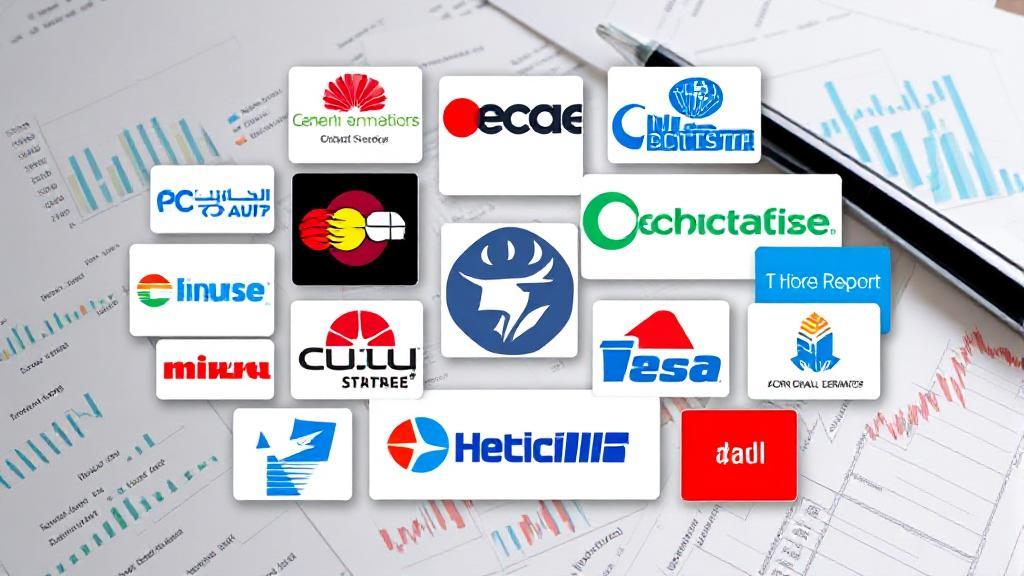What Are Credit Agencies?
Credit agencies, also known as credit bureaus, are organizations that gather and analyze financial data to assess the credit risk of individuals and businesses. The three major credit agencies in the United States are:
- Equifax: Equifax focuses on employment and income verification through its subsidiary, The Work Number
- Experian: Experian offers credit reports, identity theft protection, and extensive rental payment reporting
- TransUnion: TransUnion specializes in risk assessment tools and fraud prevention services
Why Are Credit Agencies Important?
Creditworthiness Assessment
Credit agencies compile data from various sources to create comprehensive credit reports crucial for lenders to assess borrower creditworthiness. A good credit score can lead to better loan terms, lower interest rates, and increased borrowing power.
Risk Management
For lenders, understanding lending risk is essential. Credit agencies provide detailed reports that help evaluate the likelihood of loan defaults. This information is vital for making informed lending decisions and managing financial risk.
Consumer Empowerment
Credit agencies empower consumers by providing access to their credit reports and scores. The Fair Credit Reporting Act (FCRA) ensures consumers have the right to access their credit information and dispute inaccuracies.
How Credit Agencies Work
Data Collection Sources
Credit agencies collect data from:
- Creditors (banks, credit card companies)
- Public records (bankruptcies, tax liens)
- Collection agencies
- Government agencies
- Alternative data sources
Credit Scores
Different scoring models used by each agency can result in varying credit scores:
| Agency | Score Range | Most Common Model |
|---|---|---|
| Equifax | 280-850 | FICO Score 8 |
| Experian | 300-850 | FICO Score 8 |
| TransUnion | 300-850 | VantageScore 3.0 |
Regulatory Framework
The credit reporting industry is governed by several regulations:
- Fair Credit Reporting Act (FCRA)
- Dodd-Frank Wall Street Reform and Consumer Protection Act
- Gramm-Leach-Bliley Act (GLBA)
These laws ensure:
- Accuracy of information
- Privacy protection
- Consumer rights
- Dispute resolution procedures
Best Practices for Managing Your Credit
- Regular Monitoring: Check your credit reports from all three bureaus through AnnualCreditReport.com
- Dispute Inaccuracies: Contact relevant agencies to dispute any errors found
- Payment History: Make timely payments as this significantly impacts your credit score
- Credit Applications: Limit new credit applications to avoid multiple hard inquiries
- Credit Utilization: Keep credit utilization low
- Credit Mix: Maintain a diverse credit portfolio
Challenges Facing Credit Agencies
Credit agencies face several ongoing challenges:
- Maintaining data accuracy
- Protecting sensitive information from security breaches
- Complying with complex regulations
- Providing reliable credit evaluation services
"While all three bureaus provide similar core services, each has developed unique strengths and specialized services that benefit both consumers and businesses." - Consumer Financial Protection Bureau
For more information about credit agencies and credit reporting, visit the Federal Trade Commission (FTC) or the Consumer Financial Protection Bureau (CFPB) websites.
